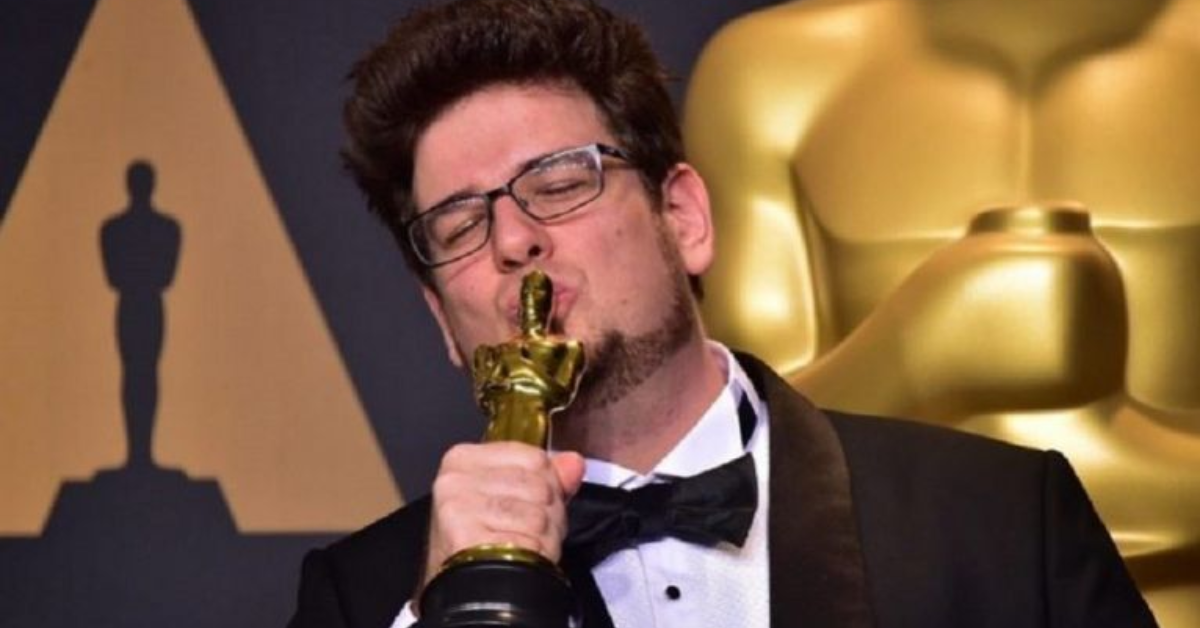Debated Short Film Awards in History
Short film awards serve as an important platform for emerging filmmakers, offering recognition and opportunities to showcase their work on an international stage. However, over the years, certain award decisions have led to discussions and debates, not necessarily due to wrongdoing but because of unique circumstances, unexpected outcomes, or professional connections. This article highlights some short film awards that sparked conversation among film enthusiasts and industry professionals alike.
1. An Unexpected Winner at Berlinale 2018
The Berlinale Shorts program often celebrates experimental storytelling, but the 2018 Golden Bear for Best Short Film went to Solar Walk by Réka Bucsi, surprising some observers. The film, known for its abstract animation and unconventional narrative, stood out from other entries that year, which were more rooted in traditional storytelling. While many appreciated its artistic vision, others questioned whether it aligned with the jury’s usual preferences. The selection sparked discussions about how experimental works are evaluated compared to narrative-driven films.
2. The 2002 Academy Awards Debate
In 2002, the Oscar for Best Live Action Short Film went to The Accountant, directed by Ray McKinnon. The film was praised for its originality and humor, but some industry insiders were surprised by its win over Seraglio, which had gained strong recognition at other festivals. This led to conversations about how different voting bodies evaluate films and whether Academy voters prioritize certain themes or genres over others. The discussion highlighted the subjectivity of award selections and the varying tastes among jury members.
3. Cannes’ 2013 Palme d’Or for Short Film
The Cannes Film Festival has long been a prestigious venue for short films, with its Palme d’Or in this category often setting the stage for a director’s future career. In 2013, Safe, a South Korean film directed by Moon Byoung-gon, won the award. While the film was well-received, some noted that it followed a thematic pattern similar to previous Cannes winners. This led to conversations about whether certain storytelling styles naturally resonate more with juries and if trends in festival selections influence future winners.
4. Cannes 2019 and Industry Connections
At the 2019 Cannes Film Festival, The Distance Between Us and the Sky, directed by Vasilis Kekatos, won the Palme d’Or for Best Short Film. After the award was announced, discussions emerged about jury member Panos H. Koutras’ professional ties to Eleni Kossyfidou, the film’s producer. It was alleged that these connections may have influenced the selection process, as reports suggested some films were dismissed early in deliberations. While no formal issues were raised, the situation sparked conversations about transparency in festival judging and how juries handle industry relationships.
5. Sundance 2015 and the Question of Experience
Sundance Film Festival is known for championing independent filmmakers, but its 2015 Short Film Jury Award stirred discussions when it was awarded to World of Tomorrow, directed by Don Hertzfeldt. While widely regarded as an exceptional piece of animation, some wondered if an established filmmaker like Hertzfeldt had an advantage over newer directors. This led to broader conversations about whether festival competitions should distinguish between emerging and seasoned filmmakers, and how experience might shape jury expectations.
6. Venice Film Festival 2021 and Industry Recognition
The Venice Film Festival’s Best Short Film prize in 2021 went to The Night Shift Belongs to the Stars, an Italian short directed by Edoardo Ponti. The film was well-received, but some noted Ponti’s family connections—being the son of Sophia Loren—led to discussions about whether personal industry recognition plays a role in festival success. While the film stood on its own merits, the conversation highlighted how established networks within the industry can sometimes shape perceptions around award selections.
Conclusion
Film awards are always subject to interpretation, and short film competitions are no exception. While all of these films earned praise for their artistic achievements, some selections sparked discussions due to industry connections, thematic trends, or unexpected outcomes. These cases demonstrate how subjective the judging process can be and highlight the broader conversations that arise when artistic recognition and professional relationships intersect. Ultimately, these debates contribute to the ongoing evolution of film festivals and the ways in which excellence in short filmmaking is celebrated.
Stay in touch to get more updates & alerts on VyvyManga! Thank you






